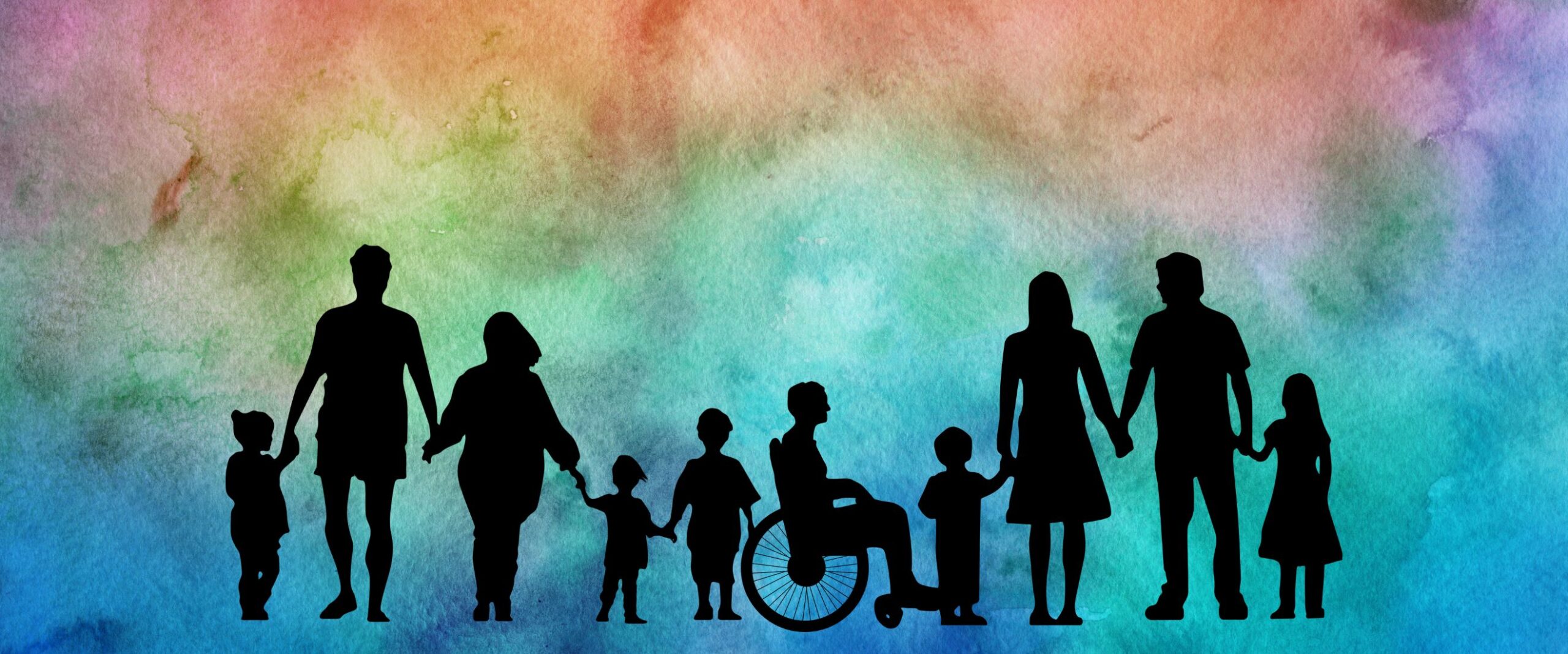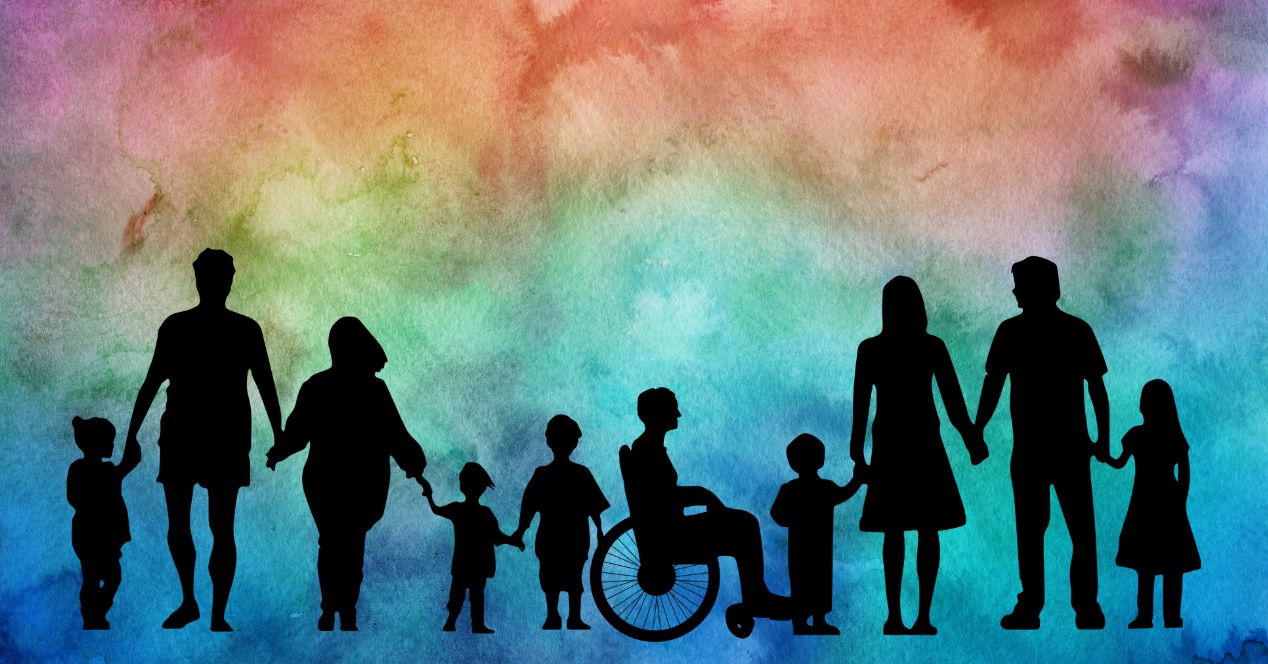Analysis
A Tale of Empowerment of People with Mental Disability: Part 1
In Ravindra Dhariwal v. UoI, the SC reincarnated Article 14 with ideas of inclusive equality reasonable accommodation of disabled persons.

The Indian Constitution is inherently biased towards people with mental disability. Despite having ratified UNCRPD, no attempt has been made by the political establishments to de-medicalise the stance of Indian Constitution towards people with mental disability. For example, in several provisions of the Indian Constitution (Articles including 102, 191), the expression “unsound mind” is deployed to exclude the whole class of people with mental disability from holding political offices like President, Prime Minister, MPs, MLAs, judges, etc.
Interestingly, Articles 124 and 217 do not explicitly provide unsoundness of mind as a disqualification. However, it is made clear that a judge of a Supreme Court or High Court can be removed or impeached from her office on the ground of physical or mental incapacity. The Judges (Inquiry) Act, 1968, expands the notion of mental incapacity to embrace unsound mind and subjects a judge facing a charge of mental incapacity to undergo medical examination. On the refusal of any judge to do so, the same would amount to ex-parte decision of the committee to remove such judge from her services. Last but not the least, Article 317(3) signifies the deep-rooted constitutional prejudice and lack of empathy for people with mental disability. It reads “Notwithstanding anything in clause (1), the President may by order remove from office the Chairman or any other member of a Public Service Commission if the Chairman or such other member, as the case may be…is, in the opinion of the President, unfit to continue in office by reason of infirmity of mind or body.”
Towards Inclusive Equality
Redressal of such extraordinary stigma against people with mental disability remained a distinct dream for far too long. However, there is a paradigm shift in the scenario with entering into force of the UNCRPD in 2008.
UNCRPD Committee in its General Comment No. 6 on Article 5, Equality and Non-discrimination, has developed the idea of Inclusive/Transformative equality. The Committee observes:
“…Inclusive equality provides for a new concept, which takes into account individual, and structural as well as intersectional discrimination and power relations. It is evident that the goal of inclusive equality is far-reaching and that fundamental systemic and structural changes cannot be realised in one day but require time. Corresponding non-discrimination obligations, however, are of immediate legal nature.
Inclusive equality corresponds to a new model of disability, the human rights model of disability, which leaves charity, welfare, and medical approaches behind and is based on the assumption that disability is not primarily a medical issue. Rather, disability is a social construct and impairment must not be taken as legitimate ground for the denial or restriction of human rights…”
As one of the member-states to this Convention, India is under an obligation to inject its equality regime with both letter and spirit of Article 5 and the principle of Inclusive/Transformative equality in its equality regime. In our opinion, infusion of Article 14 with Inclusive equality would foster its substantive dimension and make it more responsive not only to persons with disabilities but also other marginalised and excluded groups of society. Inclusive equality as a principle would strengthen and open up the rule-bound aspects of Articles 14 to 16.
Understanding Dhariwal
In India, with the assumption of the office by D. Y. Chandrachud, the Supreme Court may have entered the era of transformative and empathetic justice. In Ravindra Kumar Dhariwal v. Union of India, the Supreme Court reincarnated Article 14 with the invocation of ideas of inclusive equality and reasonable accommodation.
In this case, the Court grappled with a vital question on whether disciplinary proceedings for misconduct instituted against the appellant, a Central Reserve Police Force Assistant Commandant, who acquired a mental disability during his employment, was discriminatory or not. The Court was also required to examine whether the case of the Appellant be governed by the Persons with Disability Act 1995, or a comparatively more progressive RPwD Act 2016.
The Court elevated the significance of ‘dignity’ and ‘equality’ under Section 3 of the RPwD Act. With this the court emphasized the State’s positive obligation to ensure the fulfillment of the rights of persons with disabilities, as explicitly outlined in Section 3. Relying heavily on international jurisprudence, the Court expanded upon the definition of “non-discrimination in employment” under Section 20 of the RPwD Act, which mandates that the State must refrain from discriminatory practices and provide reasonable accommodations for employees with disabilities. We discuss the judgement in detail here.
In the real sense, the judgement in Dhariwal is a robust beginning towards incorporation of social model of disability (locating disabilities and barriers in societal negative attitudes rather than in the person’s body) as a part of Indian constitutionalism. In doing so, the learned judge has very earnestly jettisoned the medicalisation of public law.
Dr. Sanjay Jain is a Professor at NLSIU, Bengaluru. Ms. Malika Jain is an LL.M. Candidate at NLSIU, Bengaluru.
Update June 5th 2023: This article was previously titled “Towards De-medicalisation of Public Law: Part 1”.

